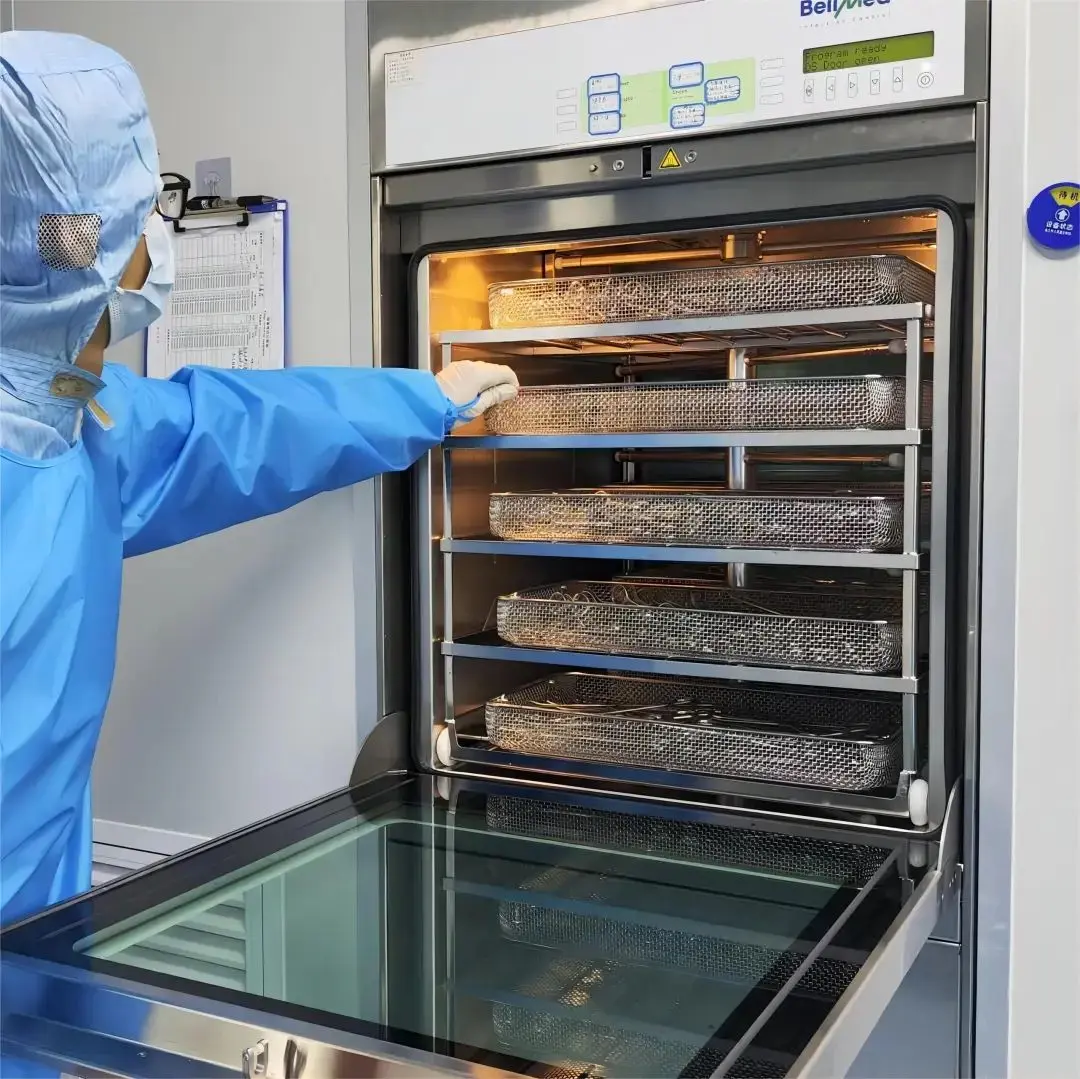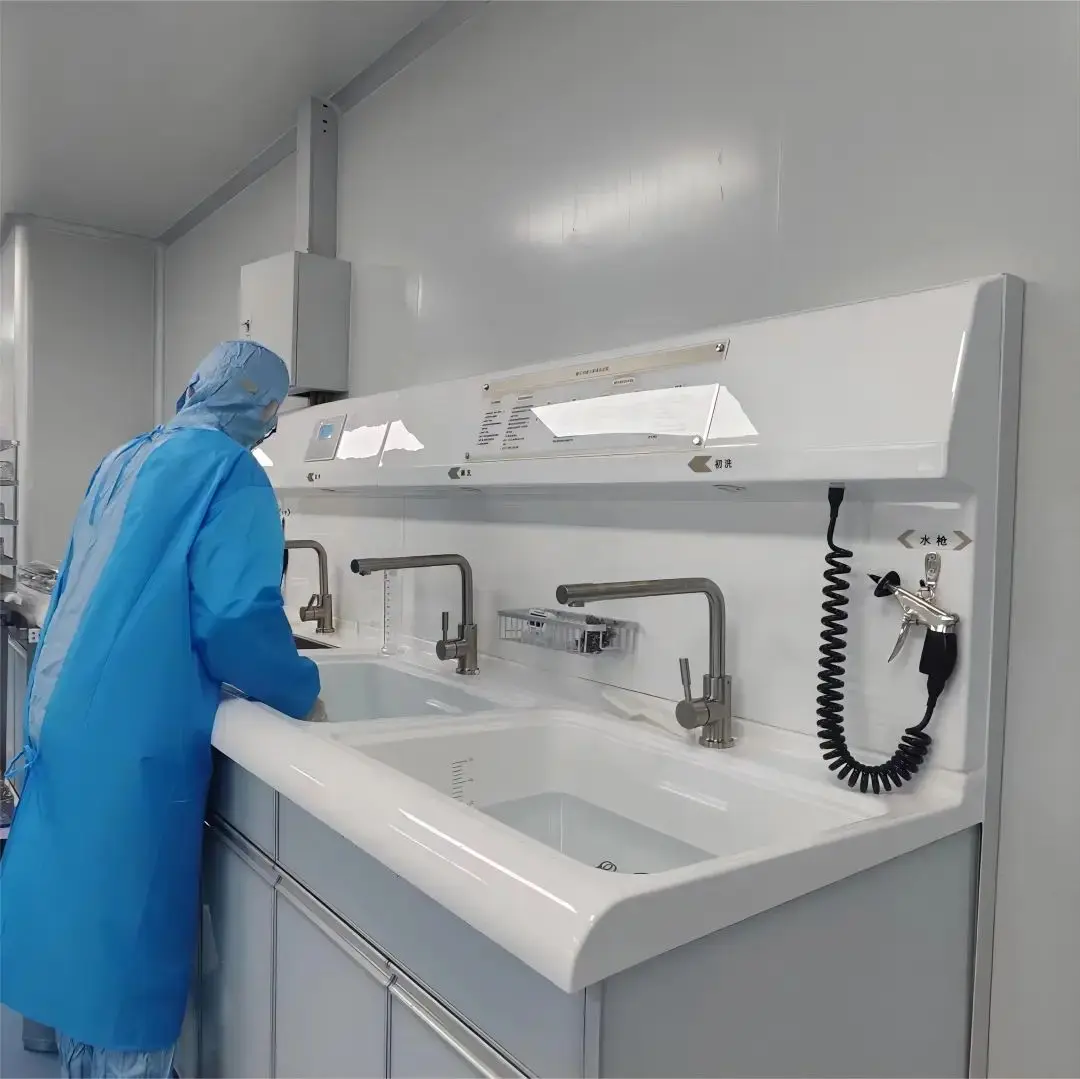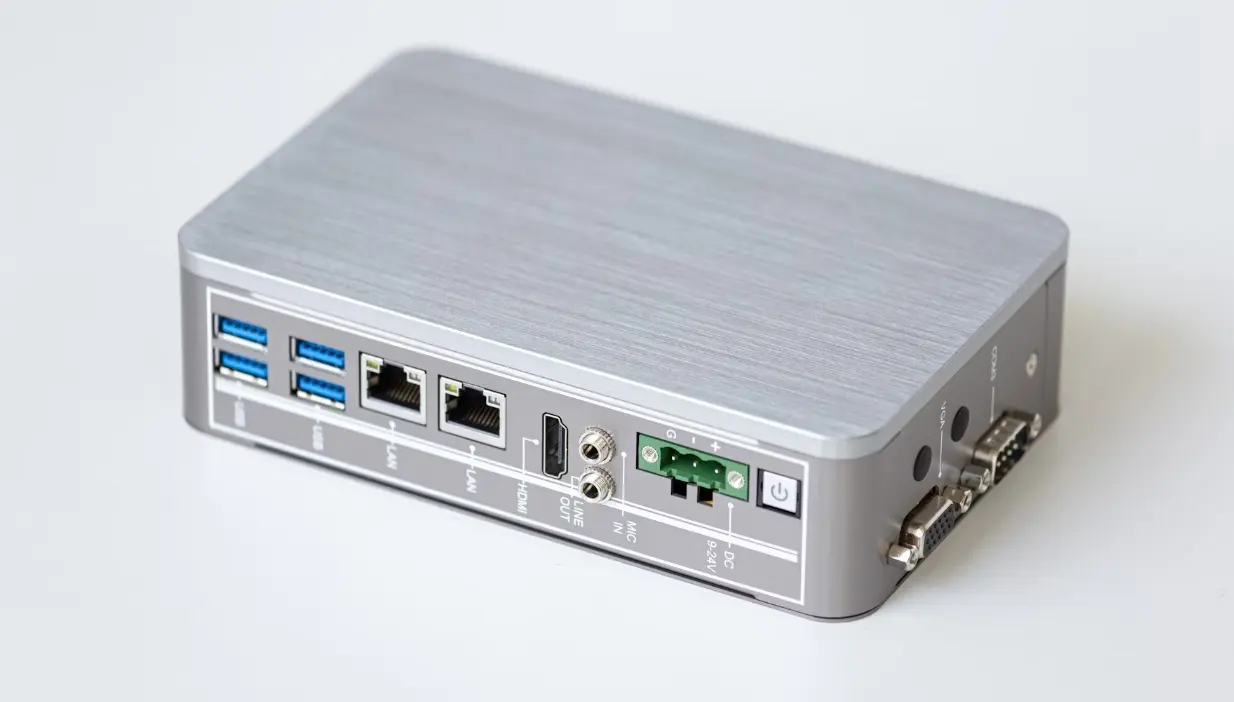
Wireless Socket ICC Certification Process in the Philippines
To obtain ICC (Industrial Standards Council) certification for wireless sockets in the Philippines, a specific process and set of standards must be followed. ICC certification ensures that products meet the quality, safety, and electrical performance requirements of the Philippines. Below is an overview of the application process and relevant standards:
1. Preparation Stage
First, you need to familiarize yourself with the legal and technical standards that wireless sockets must comply with to be sold in the Philippines market. These include:
- Electrical Safety Requirements: Wireless sockets must meet the Philippine PSE (Philippine Standard Electrical) standards and relevant IEC (International Electrotechnical Commission) standards.
- Wireless Communication Certification: If the wireless socket involves wireless communication functions (such as Wi-Fi, Zigbee, etc.), it must also comply with the NTC (National Telecommunications Commission) radio communication standards.
2. Application Submission
The application process is typically conducted through the Bureau of Philippine Standards (BPS). When submitting the application, the following documents must be provided:
- Product Technical Documentation: This includes the product design, specifications, user instructions, and electrical characteristics.
- Test Reports: Issued by accredited testing laboratories, these reports confirm that the wireless socket complies with electrical safety and electromagnetic compatibility (EMC) standards.
- Product Certification Application Form: A detailed form with the necessary application information.
- Manufacturer Information: Documentation of the manufacturer's legal registration and production processes.
3. Safety and Performance Testing
Wireless sockets must undergo the following tests:
- Electrical Safety Test: Ensures the socket has adequate insulation to prevent hazards such as electric shock, overload, and short circuits.
- Electromagnetic Compatibility (EMC) Test: Ensures that the socket does not interfere with other electronic devices and is not affected by external electromagnetic interference.
- Radio Testing: If the wireless socket contains a wireless communication module, it must pass the NTC’s radio testing to comply with spectrum usage regulations.
4. Factory Inspection and Quality Audit
The BPS may conduct on-site inspections to verify that the manufacturing facilities comply with the standards and to ensure product consistency and reliability.
5. Obtain Certification
Once the testing and audits are completed successfully, BPS will issue the ICC certification. The product can then be labeled with the ICC mark, indicating compliance with the quality and safety requirements of the Philippine market.
6. Ongoing Supervision
- Regular Product Sampling: The BPS may periodically sample products from the market to ensure they continue to meet the standards.
- Updates and Renewal: Depending on the latest laws, regulations, or technical standards, you may need to update the certification.
Relevant Standards
- IEC 60884: Electrical safety standards for sockets and plugs.
- IEC 61000-4: Standards for electromagnetic compatibility, which apply to the EMC requirements for wireless sockets.
- PSE: Philippine electrical product safety standards, covering testing requirements for sockets and electrical devices.
When selling wireless sockets in the Philippines, the key steps for obtaining ICC certification include submitting complete technical documentation, undergoing compliance testing (electrical safety, EMC, radio), passing factory inspections, and ultimately receiving certification and labeling the product with the ICC mark. This process ensures that your product complies with Philippine laws and regulations, allowing it to enter the market smoothly.
Email:hello@jjrlab.com
Write your message here and send it to us
 Cytotoxicity Analysis (CCK-8 Method)
Cytotoxicity Analysis (CCK-8 Method)
 Disinfection Validation for Reusable Medical Devic
Disinfection Validation for Reusable Medical Devic
 ASTM F3208-2020 Testing Laboratory
ASTM F3208-2020 Testing Laboratory
 Reprocessing of Reusable Medical Devices ISO15883
Reprocessing of Reusable Medical Devices ISO15883
 Wireless Product Certification Guide
Wireless Product Certification Guide
 TISI Certification for Hair Dryers in Thailand
TISI Certification for Hair Dryers in Thailand
 Thailand TISI Compliance Certification Reminder
Thailand TISI Compliance Certification Reminder
 CPC Certification for Baby Crawling Mats on Amazon
CPC Certification for Baby Crawling Mats on Amazon
Leave us a message
24-hour online customer service at any time to respond, so that you worry!




